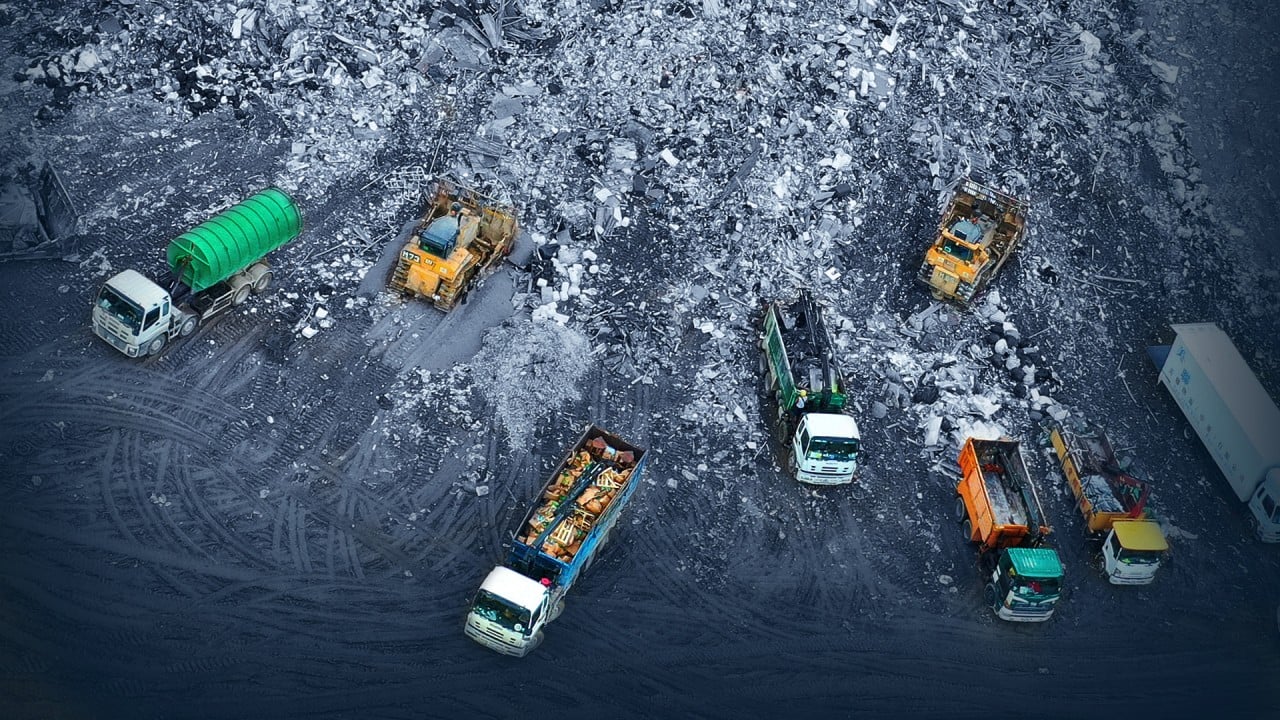Letters | In Hong Kong’s battle against waste, every water dispenser counts
- Readers discuss the need to replace Hong Kong’s public water fountains with bottle refill stations, and who is responsible for the planet’s destruction

The Drink Without Waste campaign approached government departments in July 2021 about checking on the status of their water dispensers. Under the Code on Access to Information, we asked whether dispensers were operating, their locations and whether there were any plans for new dispensers. We also checked whether the dispensers were bottle refill stations or water fountains.
We found that almost two years into the Covid-19 pandemic, almost 60 per cent of the government’s water dispensers continue to be suspended. Two departments, the Leisure and Cultural Services Department (LCSD) and the Food and Environmental Hygiene Department (FEHD), reported that they have suspended almost all their water dispensers.
With more than 1,000 water dispensers suspended for almost two years, visitors to pleasure grounds, public parks, promenades, beaches, public toilets and sports and cultural facilities are unable to access drinking water, and are forced to buy packaged drinks. This is creating unnecessary waste.
The same research shows that water dispensers under the purview of the Hospital Authority and the airport – both of them well aware of Covid-19 risks – are open to the public. This supports both public health (drink more water) and waste reduction strategies (bring your own bottle).
Further analysis showed that the critical difference is in the type of dispenser used. The traditional water fountains used by LCSD and FEHD are considered a hygiene risk. Modern bottle refill stations are considered safe.
